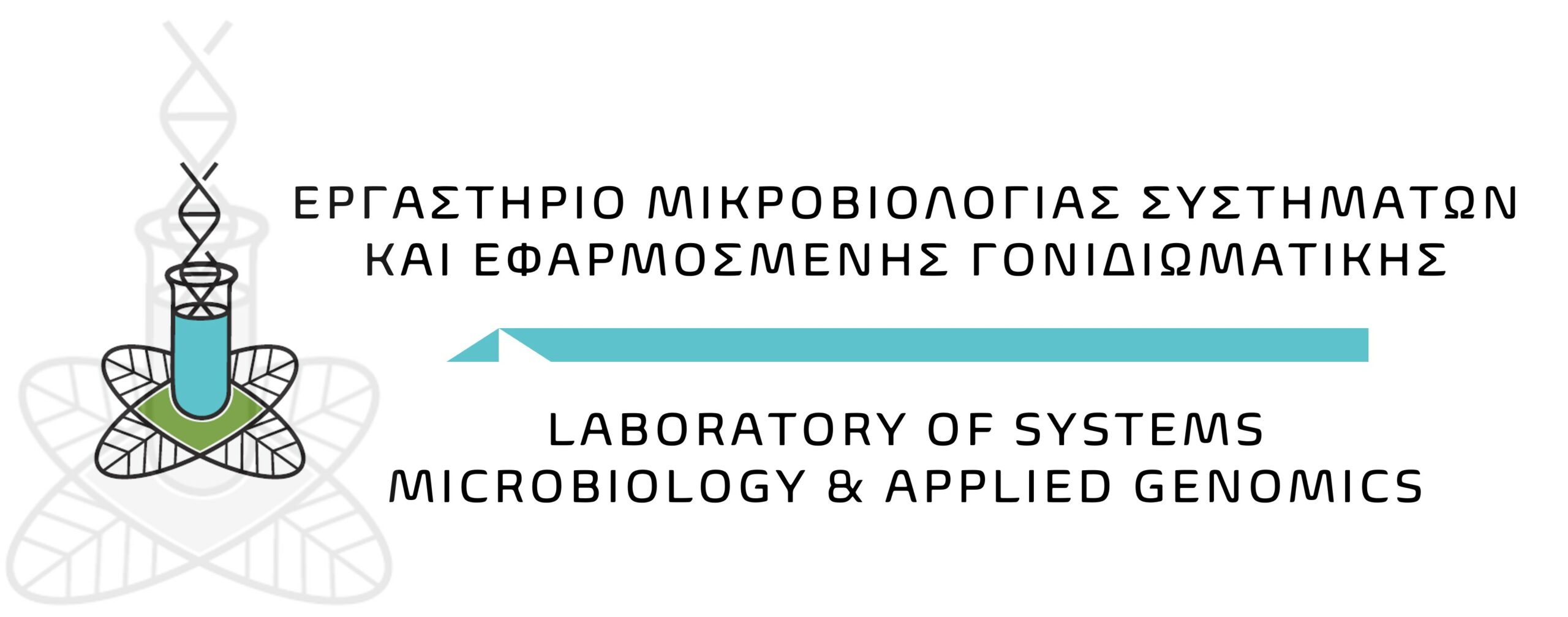Abstract
Various endosymbiotic bacteria, including Wolbachia of the Alphaproteobacteria, infect a wide range of insects and are capable of inducing reproductive abnormalities to their hosts such as cytoplasmic incompatibility (CI), parthenogenesis, feminization and male-killing. These extended phenotypes can be potentially exploited in enhancing environmentally friendly methods, such as the sterile insect technique (SIT), for controlling natural populations of agricultural pests. The goal of the present study is to investigate the presence of Wolbachia, Spiroplasma, Arsenophonus and Cardinium among Bactrocera, Dacus and Zeugodacus flies of Southeast Asian populations, and to genotype any detected Wolbachia strains.
